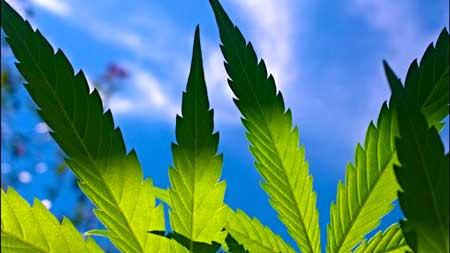High all, hope everyone is having an awesome week. Can I use dry homemade fertilizer on my soil instead of using it as a tea? I grind up egg shells, banana peeling, Starbucks coffee grounds, and wood Ash. Everything I'm reading says mixing with water to make tea. Any info will be greatly appreciated. Thanks guys n gals.
Announcement
Collapse
No announcement yet.
Homemade fertilizer
Collapse
X
-
I agree with the fallenmunk, but do not forget that the compost requires direct access to oxygen, the humidity should be 60-70%, the temperature should be 10 °C - 45 °C. I advise you to add chalk to the compost for calcium enrichment, manure of herbivorous birds, you can also add some preparations for compost.Originally posted by Bmw View PostHigh all, hope everyone is having an awesome week. Can I use dry homemade fertilizer on my soil instead of using it as a tea? I grind up egg shells, banana peeling, Starbucks coffee grounds, and wood Ash. Everything I'm reading says mixing with water to make tea. Any info will be greatly appreciated. Thanks guys n gals.
Comment
-
The main thing is not to add its replacement, the optimal addition of 0.06 kg per 1 kg of compost.Originally posted by Rwise View PostCoffee is acidic and will lower your PH, Wood ash raises PH as does egg shell.
I use all mentioned in the (outdoor) garden directly and till them in, and some sulfur to lower my PH.
Gypsum is a good source of calcium that does not affect PH, costs more than egg shell,,,
Gypsum plays a crucial role in the formation of the structure and acidity of the compost. Acidity in turn determines the form of the nitrogen content in the compost. This is a very important indicator for plant nutrition. The fact is that the roots of the plant assimilate organic nitrogen, which can “eat” ammonia. But at high pH, ammonia nitrogen can convert to free, gaseous ammonia, which is poisonous to plants. One of the most important indicators of compost is the complete absence of ammonia odor.
Comment

Comment